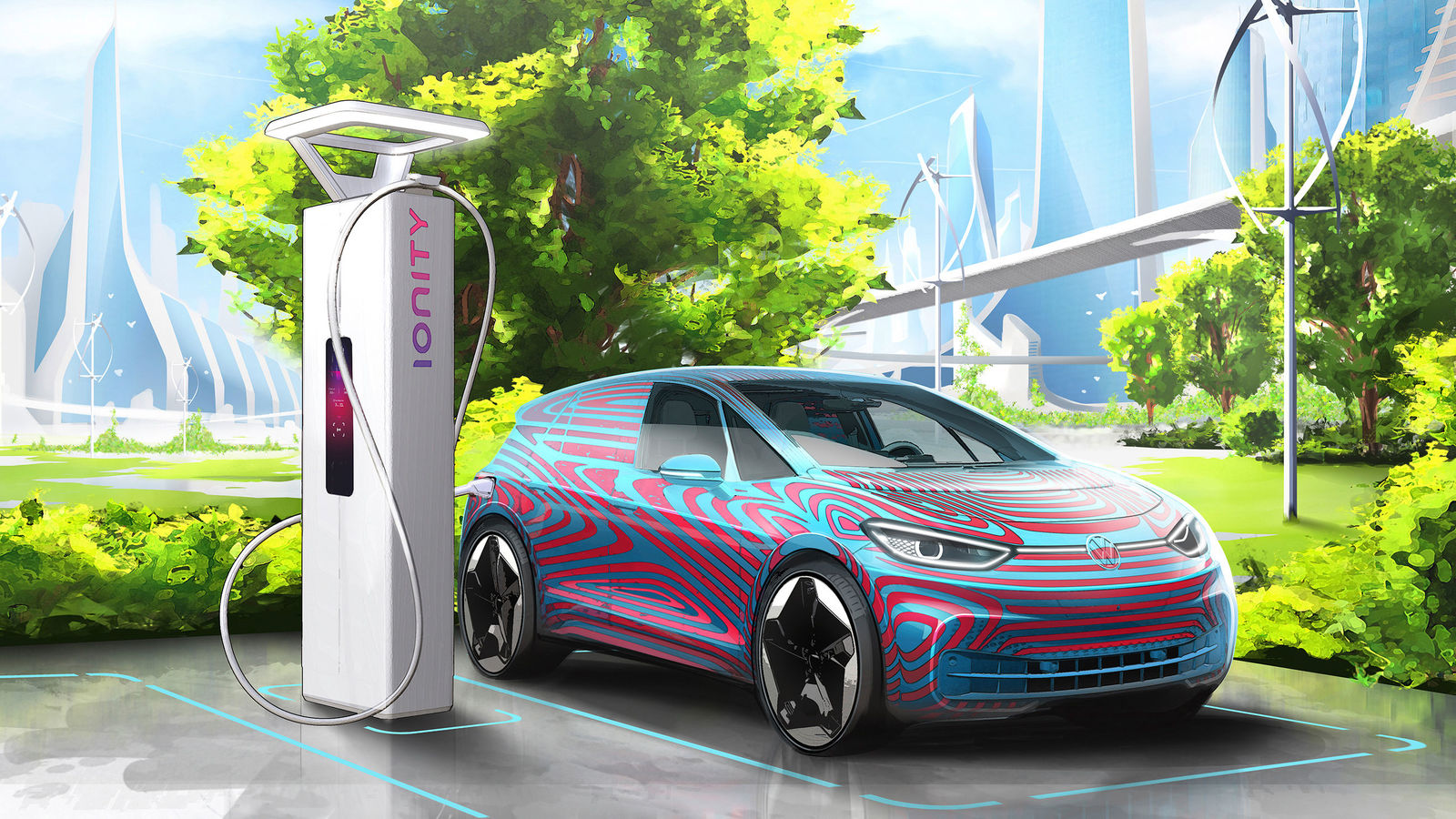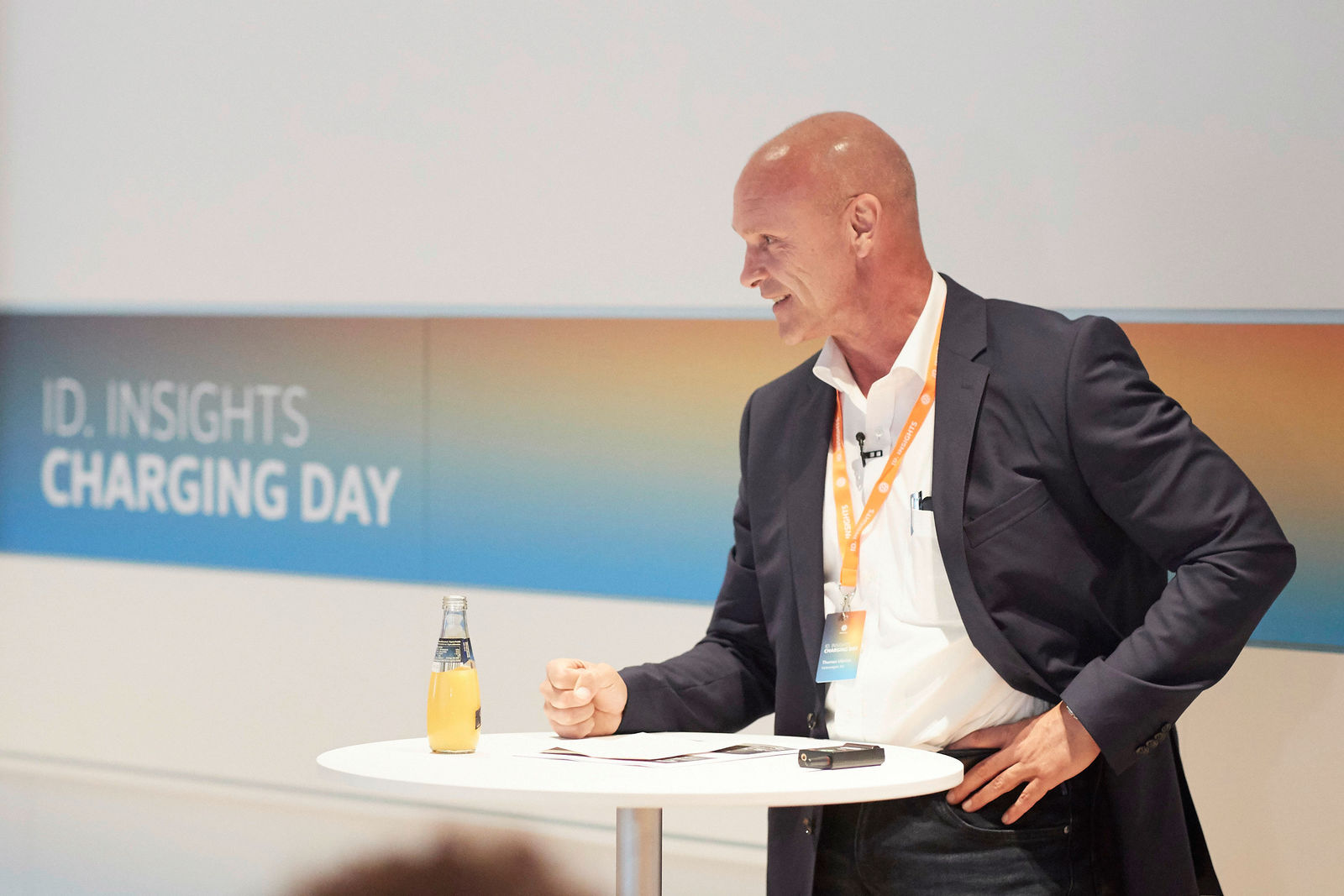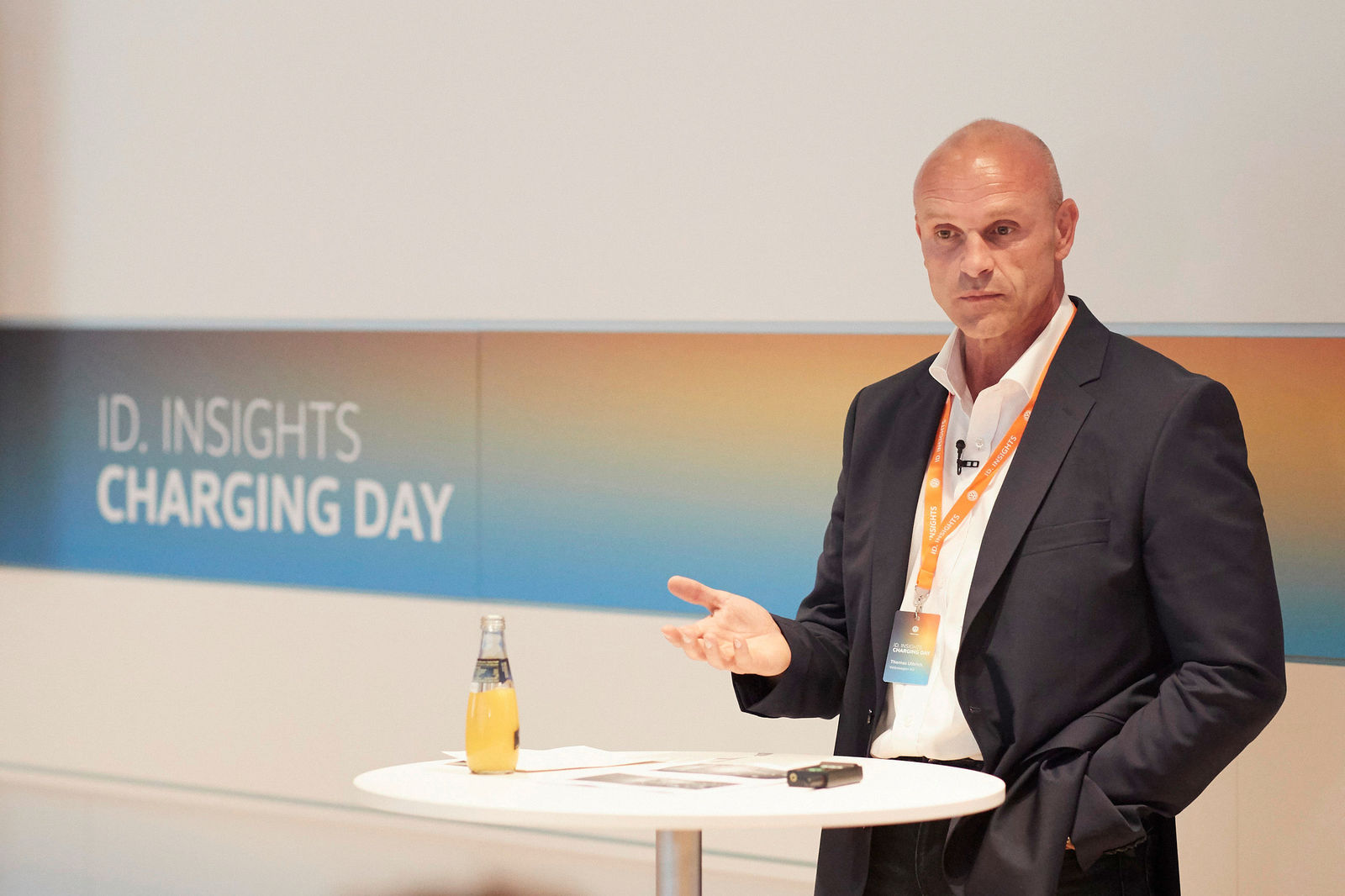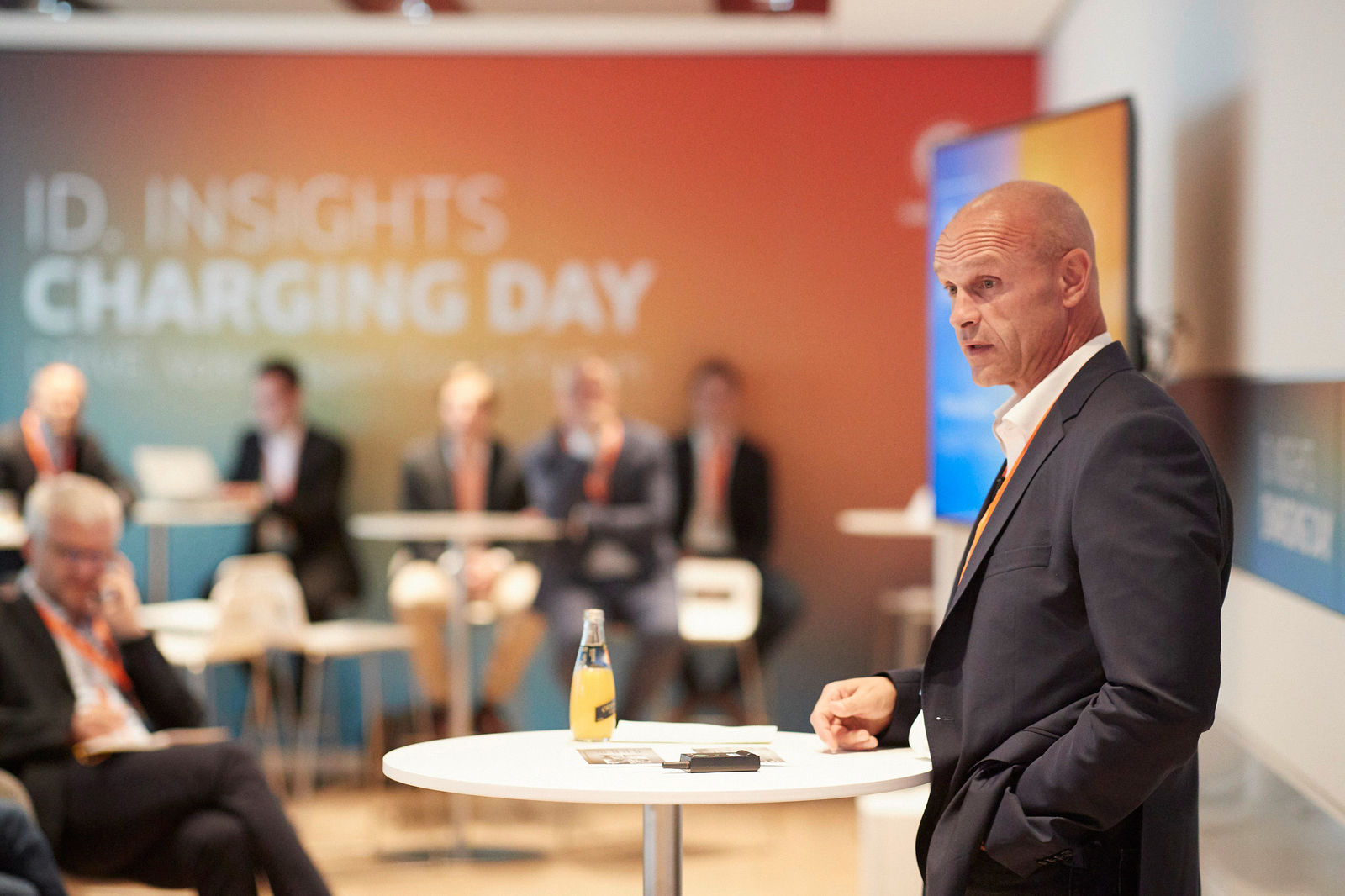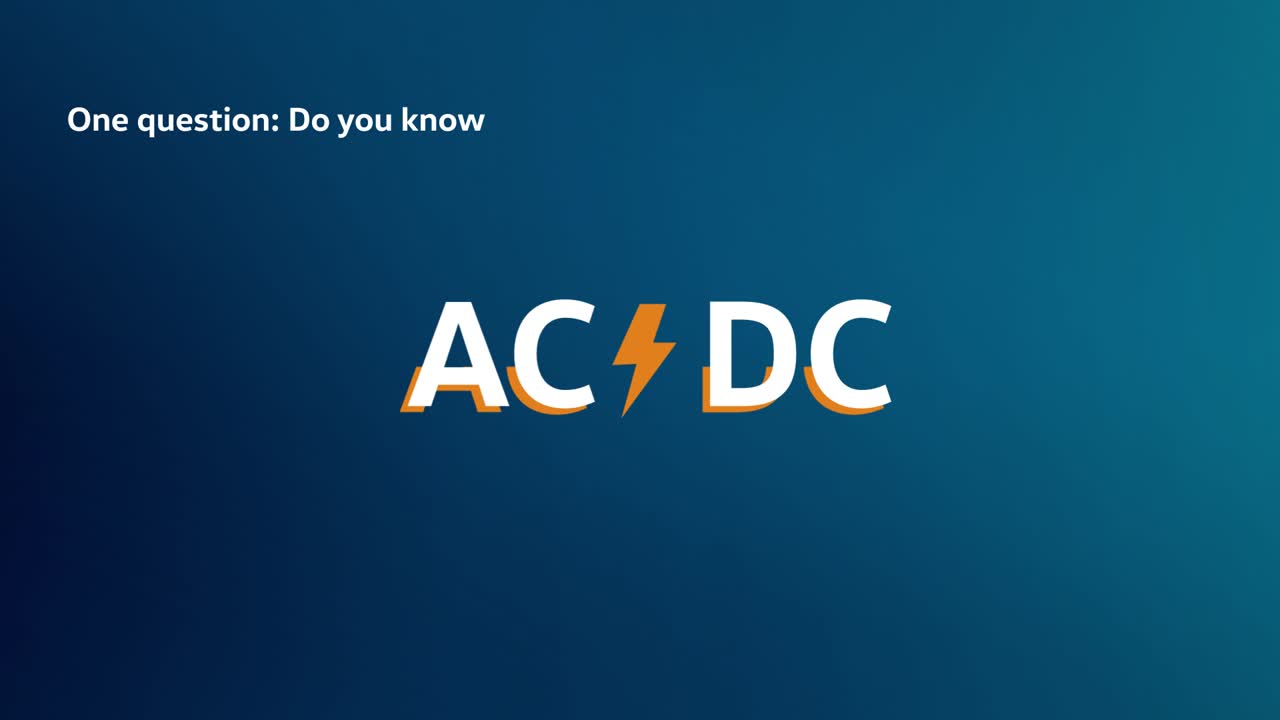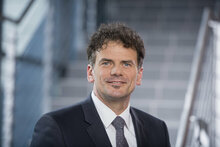- 36,000 charging points for electric vehicles in Europe planned for 2025 throughout the Group – including 11,000 planned by Volkswagen brand
- Cross-brand investment in charging infrastructure totaling €250 million
- Thomas Ulbrich, E-Mobility Board Member: “We urgently need an e-mobility masterplan focusing on charging infrastructure in Germany now.”
Volkswagen is aiming for a rapid breakthrough for e-mobility and is redoubling its efforts in the field of charging infrastructure. Throughout Europe, the Group will be installing a total of 36,000 charging points by 2025; 11,000 of these are to be developed by the Volkswagen brand. They will be installed at Volkswagen plants and at about 3,000 Volkswagen dealerships in all large towns and cities. With its Group company for charging infrastructure Elli (Electric Life) and its charging service “We Charge”, Volkswagen is also moving into further lucrative business areas connected with charging. All in all, the Group is investing about €250 million at its European locations. At the same time, the Group calls for other measures to take effect rapidly for more charging stations in Germany.
“Charging infrastructure will increasingly become the crucial factor for the rapid breakthrough of e-mobility in Germany. Charging an electric car must become just as easy and normal as charging a smart phone. This is why we need significantly more charging stations in public spaces and simple rules for the installation of private Wallboxes. Volkswagen intends to send out a signal and is becoming involved in the development of charging infrastructure at all levels,” says Thomas Ulbrich, Member of the Board of Management of the Volkswagen brand responsible for E-Mobility.
Development of infrastructure in all utilization scenarios
Estimates by Volkswagen indicate that 70 percent of all charging operations will be carried out at home or work in the future. Volkswagen company Elli will be offering complete charging solutions for companies and consumers to meet these requirements from 2020 onwards. These will range from affordable Wallboxes including installation to appropriate eco-power. At Volkswagen plants throughout Germany, the brand will be installing about 4,000 charging points for employees; many of these will be accessible to the public.
Public charging stations will be used for about a quarter of all charging operations. With Volkswagen’s “We Charge” service, customers will have access to more than 100,000 charging points throughout Europe in the future – in the medium term, the figure is set to rise to 150,000 charging points. Partnerships with retail chains are planned, allowing customers to charge their cars conveniently while they are shopping. A start has been made with Tesco in the UK and other chains are to follow.
Volkswagen has also laid the main foundations for charging on long highway journeys. The models of the ID. family offer longer ranges and are designed for fast charging. The ID.3 can be charged at a fast charging station with 100 to 125 kilowatts depending on the option selected. Together with industrial partners, Volkswagen will also be installing 400 fast charging stations with up to 2,400 charging points along major routes and highways throughout Europe by 2020 under the IONITY umbrella.
In addition, Volkswagen is bringing fast charging infrastructure to urban areas. The first 28 fast charging stations not located on the autobahn network are to be commissioned in Wolfsburg at the end of June. They are part of Volkswagen AG’s present to the city of Wolfsburg on its 80th anniversary.
Stronger commitment called for on the part of politicians
However, the expansion of charging infrastructure will need to be significantly boosted over the coming months. In Germany alone, the Coalition Agreement calls for more than 100,000 additional public charging points by 2020. Only a fraction of these charging points have already been established. Volkswagen is convinced that stronger commitment on the part of politicians is called for. The foundations for the rapid expansion of infrastructure need to be laid rapidly, for example by amendments to tenancy and construction law or the expansion of subsidies for charging infrastructure at public and private parking facilities.
“There is potential for e-mobility to become a genuine success story in Germany. If industry and politicians make a concerted effort, we can overcome the challenges of charging infrastructure very fast. Similarly, we can only master the technology-driven structural transformation in our industry by working together,” says E-Mobility Board Member Thomas Ulbrich. “Germany needs an e-mobility masterplan.”
Media
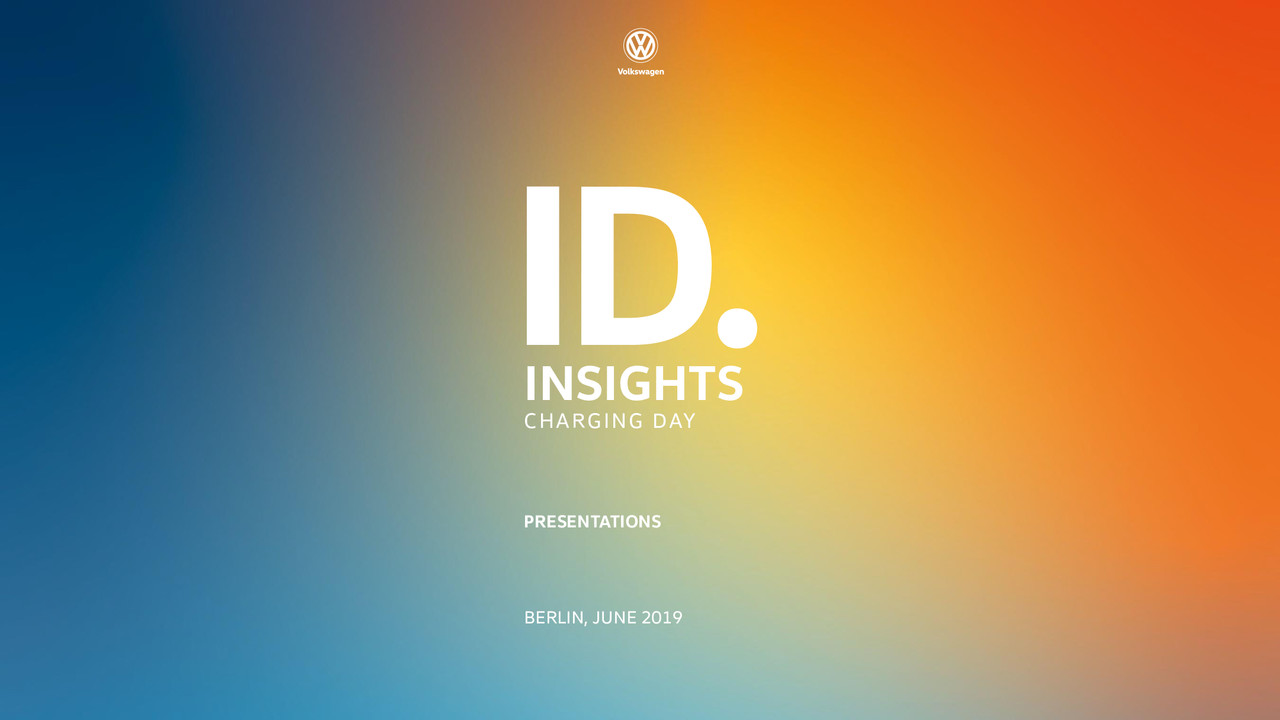
Press kit
Interview with Thomas Ulbrich
Media contacts

